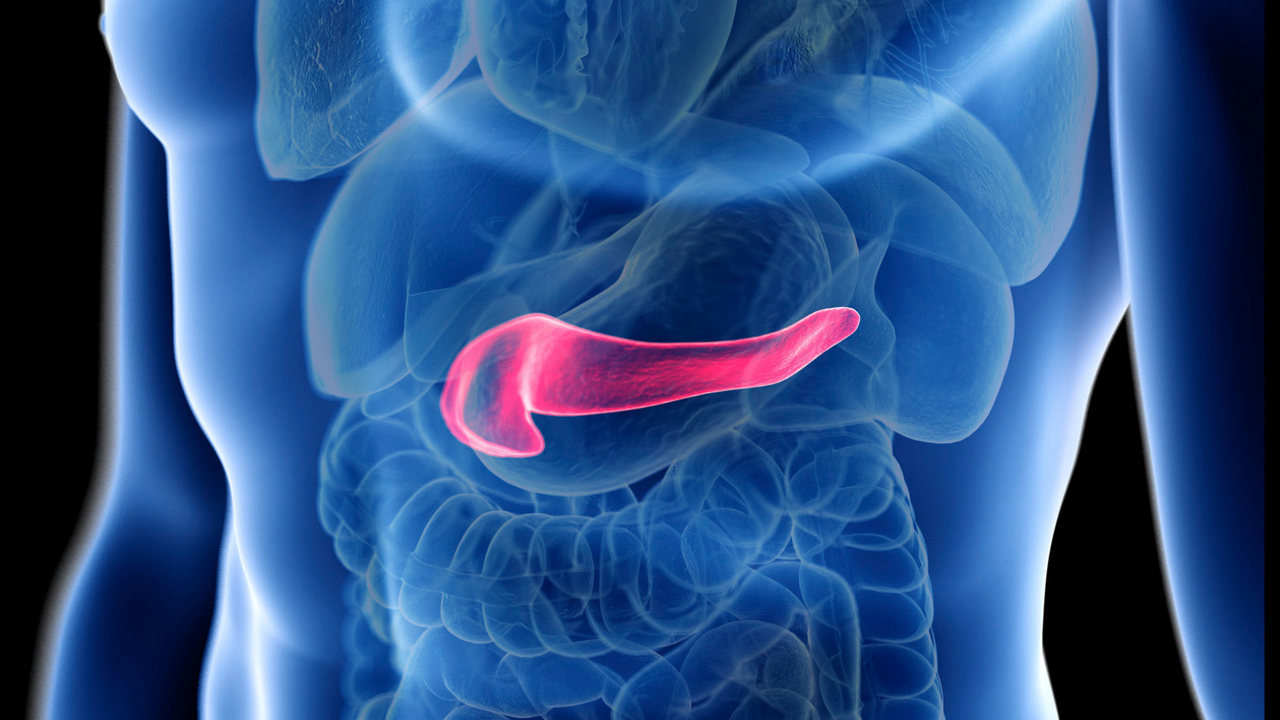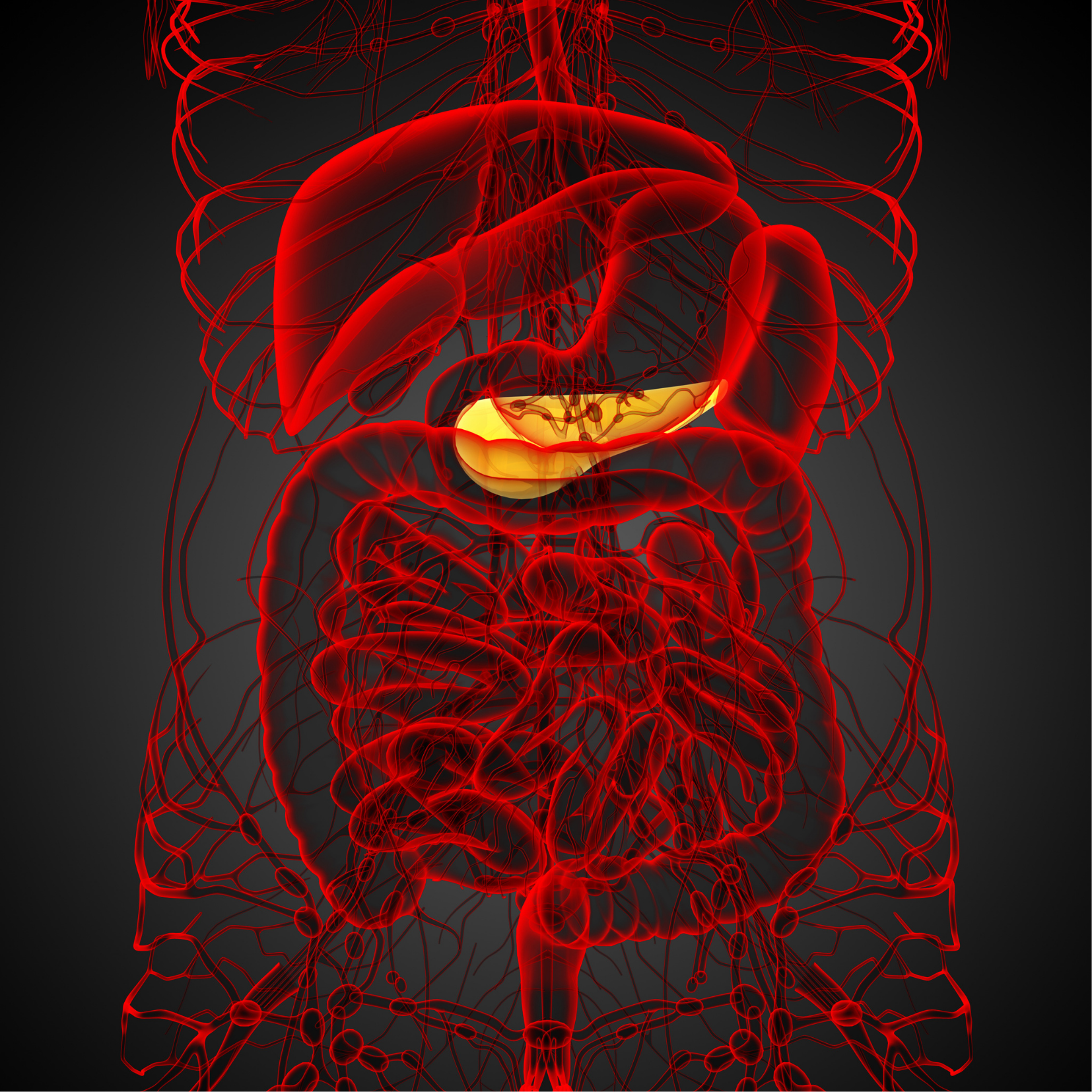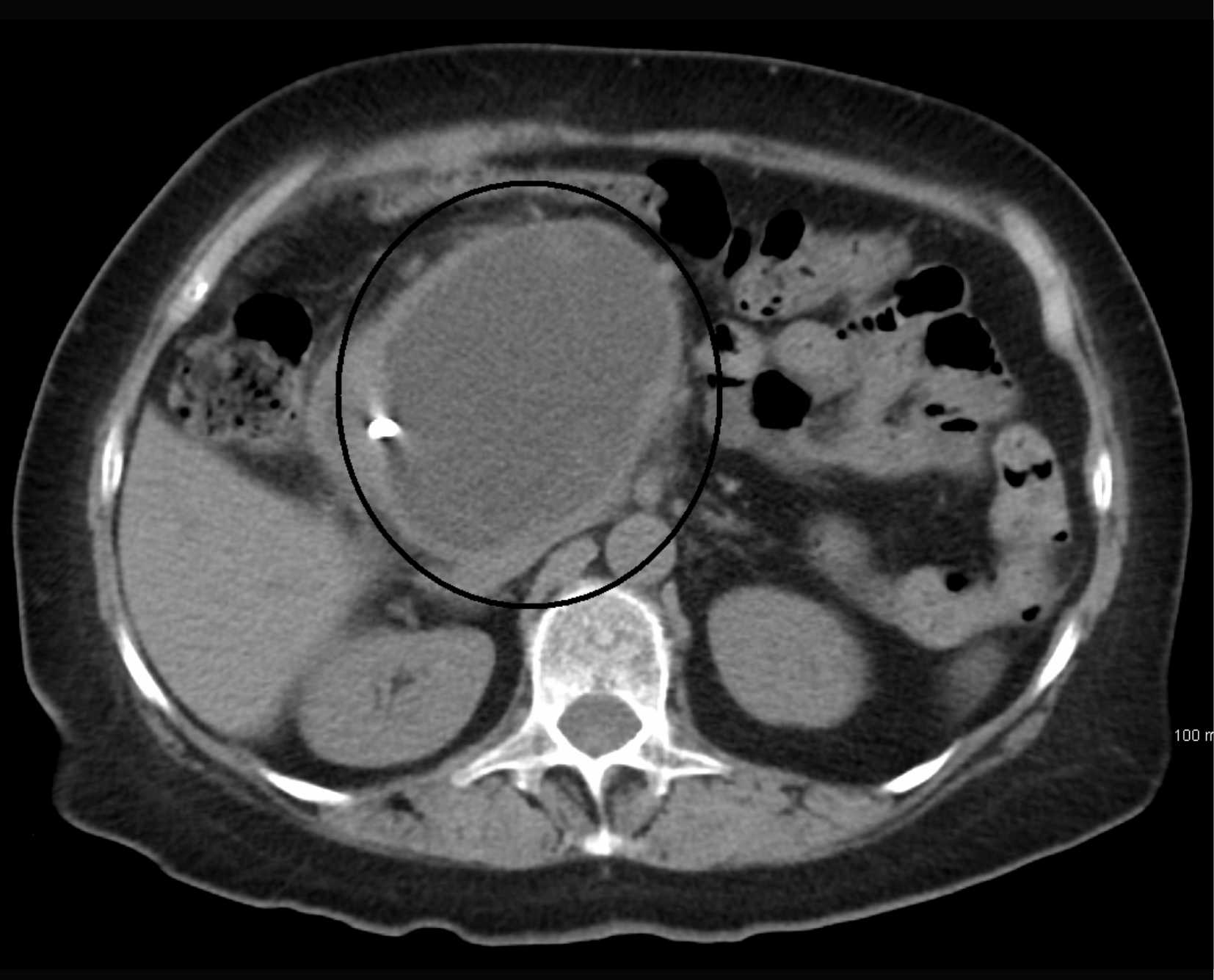Lifestyle Interventions for Pancreas Cysts
Jun 12, 2022
Pancreatic cysts are small pockets of fluid that can form within or on the pancreas. Although they may seem benign, they can lead to an array of uncomfortable symptoms. In some cases, more severe complications can also arise. Luckily, making lifestyle changes can aid in preventing or even treating pancreatic cysts.
Causes and Risk Factors for Pancreatic Cysts
The main factor that causes the formation of pancreatic cysts is pancreatitis, or inflammation of the pancreas. Pancreatitis can arise from a variety of different causes, including:
- Rare diseases: Polycystic kidney disease can play a role in the development of pancreatic cysts. Von Hippel-Lindau disease, a rare genetic disorder, can affect the pancreas among other organs and contribute to the formation of pancreatic cysts as well.
- Abdominal injury: Injury to the abdominal area may cause pancreatitis to occur, which in turn increases risk for pancreatic cysts by forming pseudocysts.
- Alcohol use: Heavy drinking can also be a risk factor for pancreatic cysts, as it causes inflammation of the pancreas. This can lead to the development of pseudocysts and full-fledged pancreatic cysts.
- Smoking: Smoking can accelerate the pancreatic damage caused by pancreatitis, which is a major risk factor for pancreatic cysts as well.
- Gallstones: Those who are prone to gallstones are also at increased risk of developing pancreatic cysts.
Symptoms and Complications
Pancreatic cysts can lead to various unpleasant symptoms, such as:
- Abdominal pain: People who develop pancreatic cysts can experience pain in their abdomen. This abdominal pain may also radiate through the back and extend to the shoulders.
- Jaundice: The pancreas’s proximity to the common bile duct and duodenum may lead to these structures becoming blocked when a pancreatic cyst forms. This can lead to an appearance of jaundice.
- Nausea and vomiting: Pancreatic cysts can cause nausea and vomiting, in addition to feelings of fullness immediately after starting to eat. These symptoms combined can cause unexpected weight loss.
- Noticeable masses: Sometimes, a pancreatic cyst can be detected by the presence of a mass that can be felt in the upper abdominal area.
 In addition to these common signs and symptoms, pancreatic cysts can lead to more severe complications. Most of these cysts are benign, but some can be cancerous or develop into cancerous masses if left undetected.
In addition to these common signs and symptoms, pancreatic cysts can lead to more severe complications. Most of these cysts are benign, but some can be cancerous or develop into cancerous masses if left undetected.
Additionally, some pancreatic cysts can become infected, which can lead to severe health complications. Signs of infection include a fever along with persistent abdominal pain. If these symptoms are noticed, steps should be taken to seek medical attention immediately.
 Finally, a pseudocyst, which is similar to a true pancreatic cyst but has no lining, can rupture. This can lead to several concerning symptoms, including loss of consciousness, vomiting blood, and weakened but faster heart rate.
Finally, a pseudocyst, which is similar to a true pancreatic cyst but has no lining, can rupture. This can lead to several concerning symptoms, including loss of consciousness, vomiting blood, and weakened but faster heart rate.

Lifestyle Interventions
Pancreatic cysts can cause a variety of symptoms, ranging from discomfort to severe health risks. However, making the proper lifestyle changes can help reduce inflammation of the pancreas, which is a major risk factor for pancreatic cysts. Changing habits related to nutrition and overall health can lower risk for pancreatic cysts and prevent pancreatitis attacks from reoccurring. Some of these changes are:
- Limiting high-fat foods: Eating a low-fat diet with lean protein sources can aid in digestive issues caused by pancreatitis and pancreatic cysts. Carbohydrates should come from low-glycemic sources such as whole grains and vegetables, especially leafy greens. Low-GI foods should be prioritized because many people with pancreatitis also have Type II diabetes. Processed, high-fat foods can exacerbate chronic pancreatitis, which often leads to pancreatic cysts.
- Taking MCT oil: According to the Cleveland Clinic, MCT oil, or medium-chain triglyceride oil, often helps patients ease chronic pancreatitis.
- Taking digestive enzymes: People with chronic pancreatitis are often missing key digestive enzymes that break down fats, proteins, and carbohydrates. As a result, supplementing these enzymes may help curb digestive symptoms.
- Avoiding smoking: Smoking heightens risk for pancreatic cancer and worsens treatment outcomes for pancreatic cysts. Therefore, quitting smoking is logical if one wants to manage or prevent them.
- Abstaining from alcohol: Excessive drinking leads to a majority of both acute and chronic pancreatitis cases. In fact, nearly 70% of chronic pancreatitis patients are heavy drinkers. Eliminating alcohol can do wonders for promoting a healthy pancreas.
- Maintaining a healthy weight: Obesity is linked to gallstones, which are one of the major risk factors for pancreatic cysts. Keeping your weight in a healthy range can limit pancreatic cysts and other gut health issues.
- Drinking green tea: Green tea has been shown to have some benefits to the pancreas as well. According to a recent study, drinking green tea regularly was associated with a 32% reduction in pancreatic cancer in women. Its anti-inflammatory properties may also help ease pancreatitis.
- Taking curcumin: Curcumin is a supplement that has recently been shown to prevent and treat pancreatitis. According to the UCLA Technology Development Group, it may also be helpful for other inflammatory diseases such as Alzheimers, arthritis, and inflammatory bowel disease.
In more severe cases, medical interventions may be necessary in order to treat or prevent pancreatic cysts. In instances where gallstones are contributing to pancreatic cysts and other gut health issues, it may be helpful to remove the gallbladder in order to prevent future attacks.
Additionally, consultation with a pain specialist may be necessary if abdominal pain is chronic and severe. There are also cases where endoscopic ultrasounds or surgery are necessary in order to mitigate symptoms. However, even if medical attention is needed, personal behavioral changes play an extremely important role in managing pancreatic cysts and preventing their recurrence in the future.
Summary
Overall, pancreatic cysts are a seemingly minor issue that can lead to both digestive discomfort and severe health problems. These cysts are mainly caused by pancreatitis, which comes from rare diseases, abdominal injury, alcohol, smoking, and gallstones.

Implementing lifestyle changes such as limiting high-fat foods, quitting smoking, abstaining from alcohol, and maintaining a healthy body weight promote pancreatic health and overall gut health. Sticking to these habits can prevent pancreatic cysts from forming and help manage the symptoms they cause. Taking MCT oil, digestive enzymes, and curcumin, along with drinking green tea, can aid in treating pancreatic inflammation and cysts as well.
Although medical attention may be needed for pancreatic cysts in severe cases such as cancer, infection, or rupture, lifestyle interventions still play a key role in the outcome of medical strategies. Habits related to nutrition and overall wellness are a key factor in curbing and managing pancreatic cysts.







